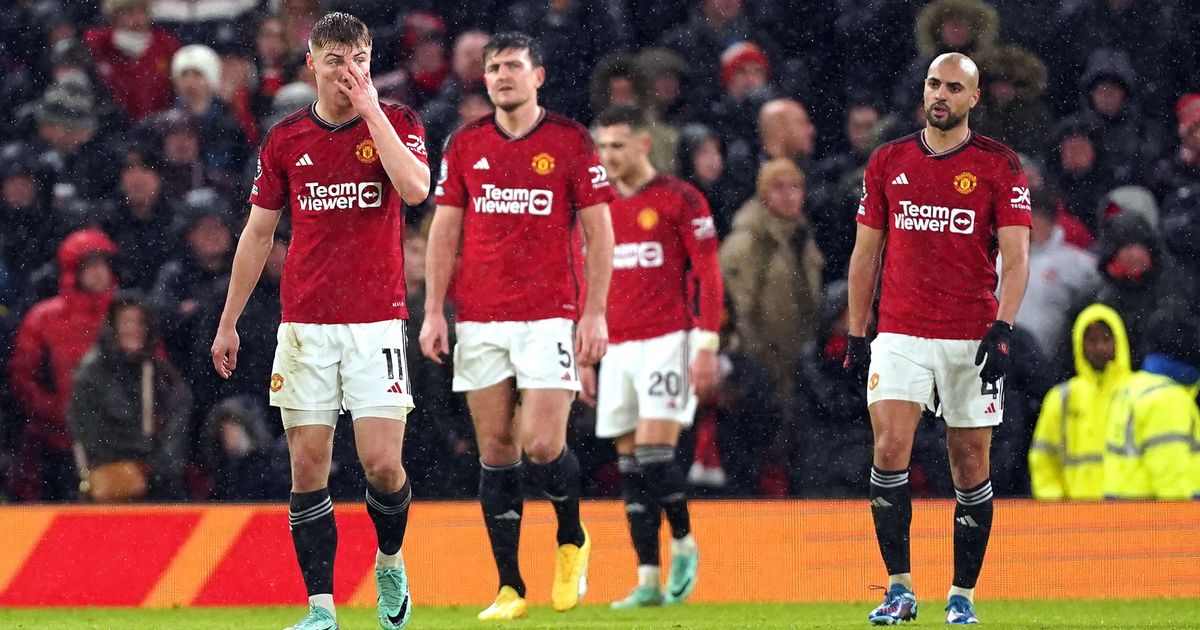Petrochemicals billionaire Ratcliffe owns three clubs: French side Nice, Swiss club Lausanne, and English club United. However, this violates UEFA’s rules, which forbid the same owner from having “decisive influence” across multiple clubs in the same competition.
INEOS, the company through which Ratcliffe controls the clubs, has acknowledged the issue and is in direct discussions with UEFA to find a solution for future European competitions. While Ratcliffe is a minority shareholder on paper at United, he and INEOS have overall sporting control and have made significant decisions such as appointing a new chief executive and technical director, and considering a change of manager.
This conflicts with UEFA’s restrictions on multi-club ownership. There have been discussions of Ratcliffe potentially stepping back from his involvement with Nice to address this issue, with the possibility of making Nice a separate entity within the INEOS group to satisfy UEFA’s requirements.
INEOS and United are not the only clubs facing this issue, as multi-club ownership is becoming more common in football. Other clubs, such as Aston Villa and Portuguese club Vitoria Guimaraes, have also encountered similar challenges in European competitions like the Europa Conference League.
Overall, the issue of multi-club ownership is becoming increasingly complex and requires careful navigation to comply with UEFA’s rules.
